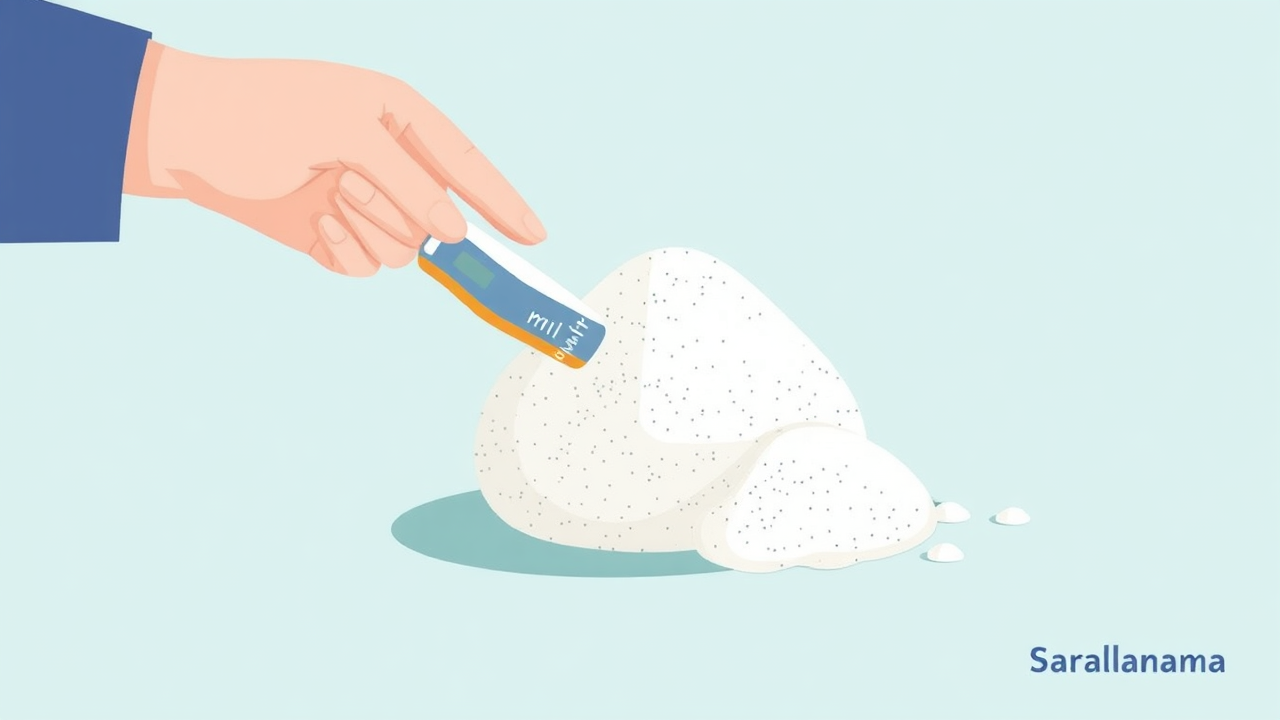A man experiencing fasting blood sugar levels of 160 to 170 mg/dL feels no symptoms, walks regularly, and maintains a careful diet. His post-meal sugar readings remain similarly elevated. A Quora user questioned whether medication should be started despite these healthy habits. Medical experts clarify that normal fasting blood sugar should be 110 mg/dL or less, while post-meal levels should stay below 140 mg/dL. Even with active lifestyles and balanced eating, persistently high readings indicate the body may not produce sufficient insulin or has developed insulin resistance. Symptom-free does not mean risk-free. High blood sugar silently damages vital organs including the heart, kidneys, eyes, and nerves over time. Early intervention through proper testing and physician-guided treatment is crucial. Lifestyle modifications alone may not control consistently elevated glucose levels, making medical evaluation and possibly medication necessary to prevent long-term complications.

Why Lifestyle Changes May Not Be Enough
Regular physical activity and dietary care are foundational for diabetes management, but they cannot always compensate for underlying metabolic issues. When the pancreas fails to produce adequate insulin or the body resists insulin action, even a balanced diet and consistent exercise may prove insufficient. Persistently elevated blood sugar levels despite healthy habits signal the need for medical reassessment. Starting low-dose medication early helps protect major organs such as the heart, kidneys, eyes, and nerves from long-term damage. The goal extends beyond simply lowering glucose numbers to preventing serious complications. Early, guided treatment combined with lifestyle modifications offers the best approach. Consultation with a qualified physician or endocrinologist ensures personalized care and regular monitoring to adjust treatment plans as needed.
Source: Link
